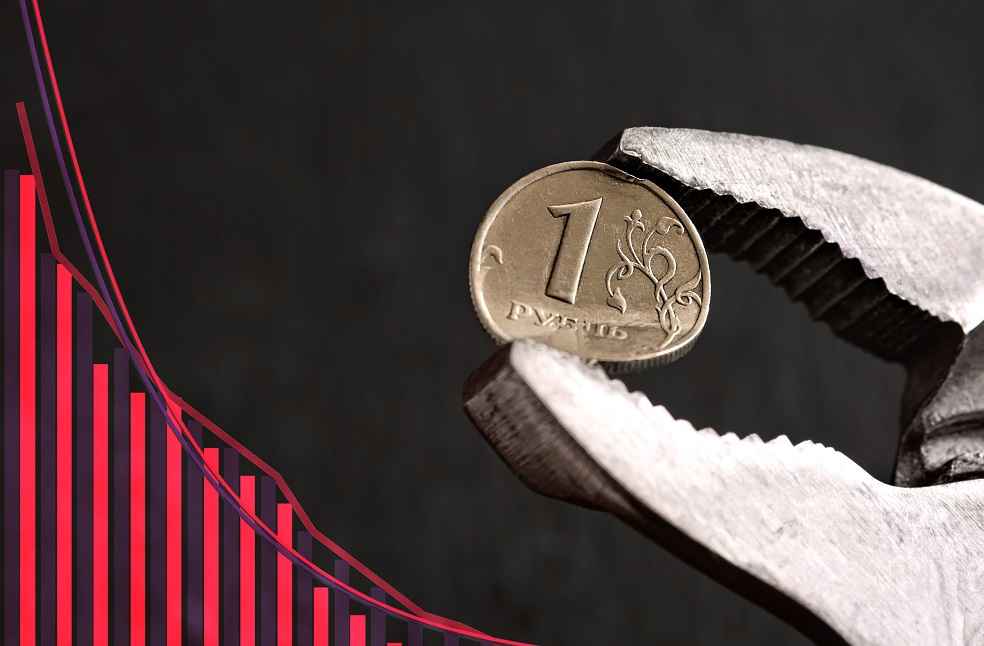Indonesia is preparing for the economic ripple effects of Donald Trump’s potential re-election as U.S. president, which could reignite protectionist policies and escalate global trade tensions. According to the Institute for Development of Economics and Finance (Indef), Trump’s renewed focus on tariffs, particularly on Chinese imports, could disrupt international markets and strain global economic growth.
Eko Listiyanto, Deputy Director of Indef, highlighted that while Indonesia is not a primary U.S. trading partner, Trump’s trade policies could indirectly impact the country. Chinese products, potentially excluded from the U.S. market, might flood Southeast Asia, increasing competition for local industries. “This underscores the urgent need for Indonesia to boost its competitiveness,” Eko remarked during a virtual discussion hosted by Tumbuh Makna.

The shift in U.S.-China trade dynamics may also lead to inflationary pressures in the U.S. and encourage China to diversify exports to regions like Southeast Asia. However, Indonesia’s resilience during the first wave of U.S.-China trade tensions provides hope for maintaining steady growth near 5 percent.
The geopolitical shifts may create opportunities for Indonesia to attract foreign investment. As global investors look for alternatives to China, countries like Indonesia and Vietnam are emerging as potential destinations. “With its large economy, Indonesia is well-positioned to benefit from this realignment,” Eko said, citing South Korea’s recent moves to diversify investments away from China.
Economist Benny Sufami emphasized the importance of proactive measures to navigate the uncertainties. He urged diversification of investment portfolios into safer assets, such as bonds, to mitigate risks from global market turbulence. Benny also stressed the importance of improving infrastructure and competitiveness to fully leverage emerging opportunities.

A stronger U.S. dollar, a likely consequence of Trump’s policies, could pose challenges for Indonesia by affecting currency stability and import-dependent sectors. Despite these risks, Benny sees growth potential in Indonesia’s infrastructure, digitalization, and domestic consumption sectors. “Shifts in global supply chains could bolster Indonesia’s manufacturing and export industries,” he added.
Bank Indonesia (BI) projects steady economic growth between 4.8 and 5.6 percent in 2025 and 2026, even as global uncertainties persist. The potential trade war, supply chain disruptions, and rising inflation could pose challenges, but Indonesia’s focus on infrastructure development and economic diversification offers a pathway to resilience.
MOST READ | Iran-Turkey Trade Grows: $9.9B Non-Oil Exchange in Seven Months



